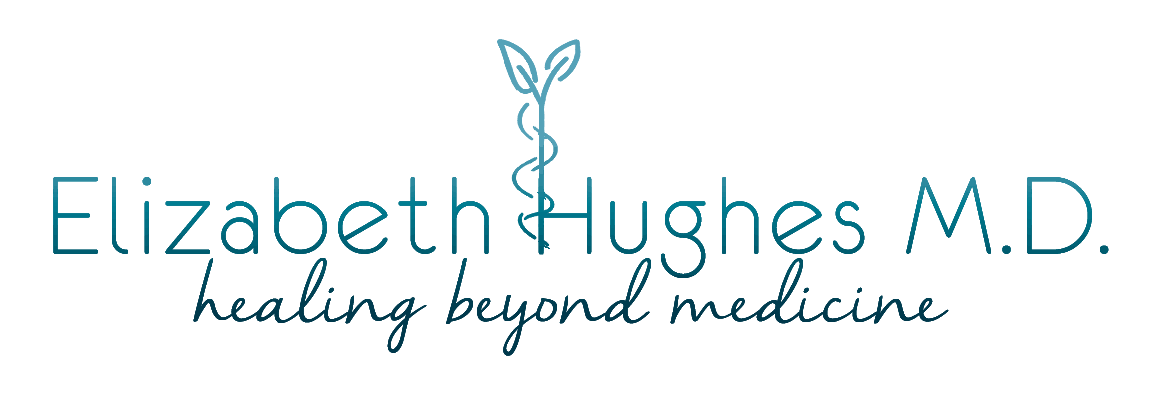Why Your Doctor Can’t Help You With Your Stress

One of the most frequent questions I’m asked in my medical practice is “Do you think stress is causing this rash?”
For years I answered this question by giving a biologic explanation for the rash, sticking strictly to the textbook wisdom about the condition, and told the patient that I didn’t think stress was playing much of a role in her skin disease. That’s because doctors aren’t taught about the far-reaching physical effects of chronic stress.
In the rare situations I did consider the possibility of stress, I told the patient there wasn’t much she or I could do about it. “Well, stress may be part of the problem,” I quipped, “but I can’t prescribe Hawaii.” I thought this light-hearted comment demonstrated empathy, and would let the patient know that she and I were in the same boat when it comes to stress. I know now that my reaction was misguided and unhelpful, perhaps even damaging.
The truth is that doctors don’t fully understand or even recognize how stress affects health, nor how to fully help with stress relief.. As I discussed in my last posting, in the past one hundred years the “normal” human body has changed dramatically in response to chronic exposure to cortisol, one of the primary hormones released in response to stress.
Why has the epidemic of hypercortisolism spread undetected? Aren’t there tests for hormone imbalance? Why aren’t doctors and researchers equipped to tackle this situation?
The answer to these questions is doctors and researchers lack an objective frame of reference.
Testing for abnormal hormones requires knowing what normal is first. The lab tests for cortisol were developed during the first half of the 20th century, a period of time punctuated by two world wars, numerous regional conflicts, genocide, famines on multiple continents, and a worldwide economic collapse, all of which entered people’s homes and minds through films, radio, and newspapers in a way never before experienced in history. The normal individuals selected to set the reference ranges for cortisol testing were exposed to these tragedies on a regular basis, just as we are now, so were probably not actually normal. Our reference range may be dramatically skewed.
Doctors themselves experience high levels of job-related stress, as is evidenced from the increasing number of burned out physicians and the high rates of both addiction and suicide among physicians. A doctor, no matter how well-intentioned, can’t diagnose something she thinks is part of normal life. Just as fish can’t recognize water because it is everywhere, so medical professionals can’t accurately recognize stress, let alone treat the condition. I was the poster-child for the overstressed doctor, a wounded healer who couldn’t see my own illness, let alone diagnose the same illness in others.
Combating the epidemic of hypercortisolism is the key to our health as individuals and essential to preventing our healthcare system from imploding. In my next post I’ll give you three tips on how to reverse stress and take your health into your own hands.

